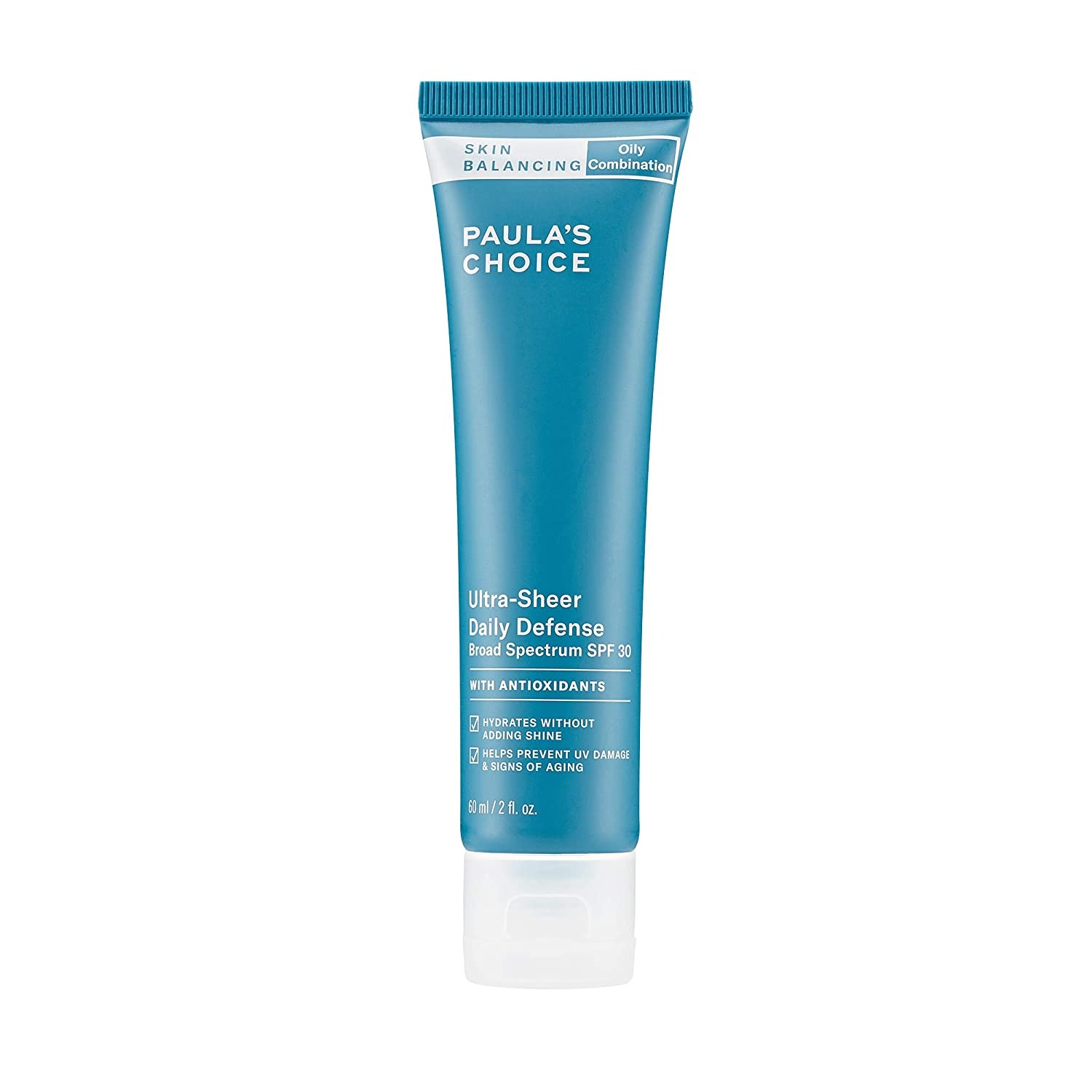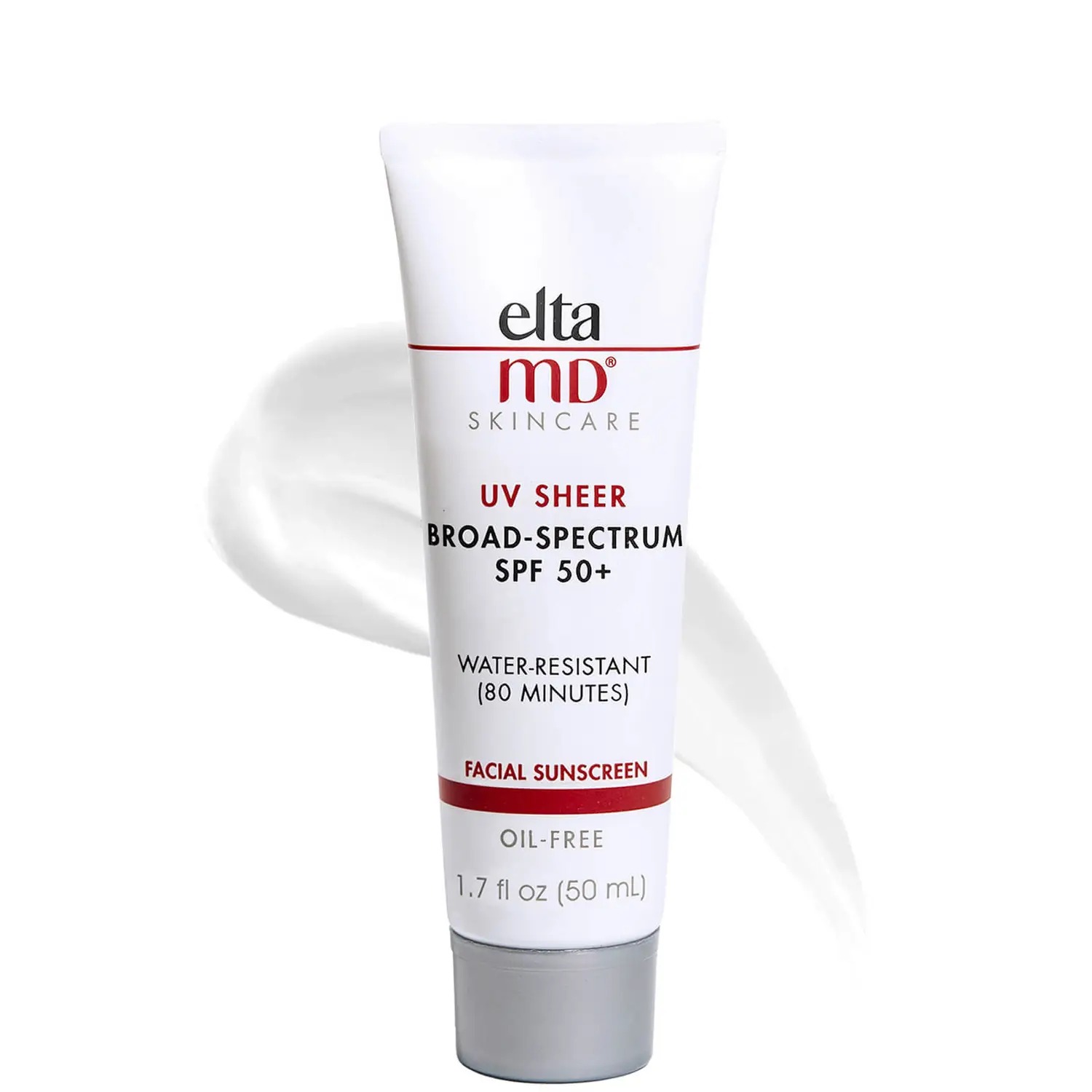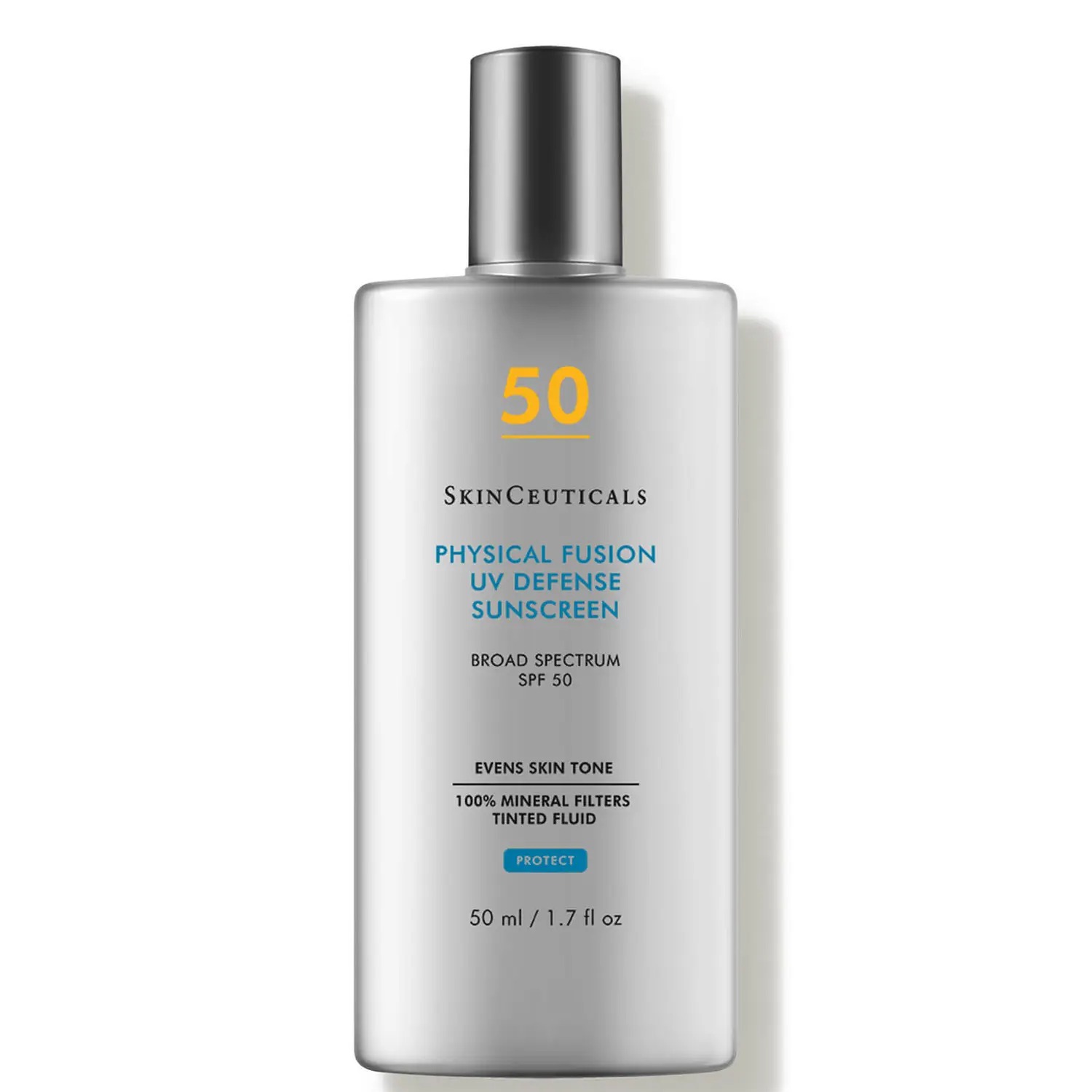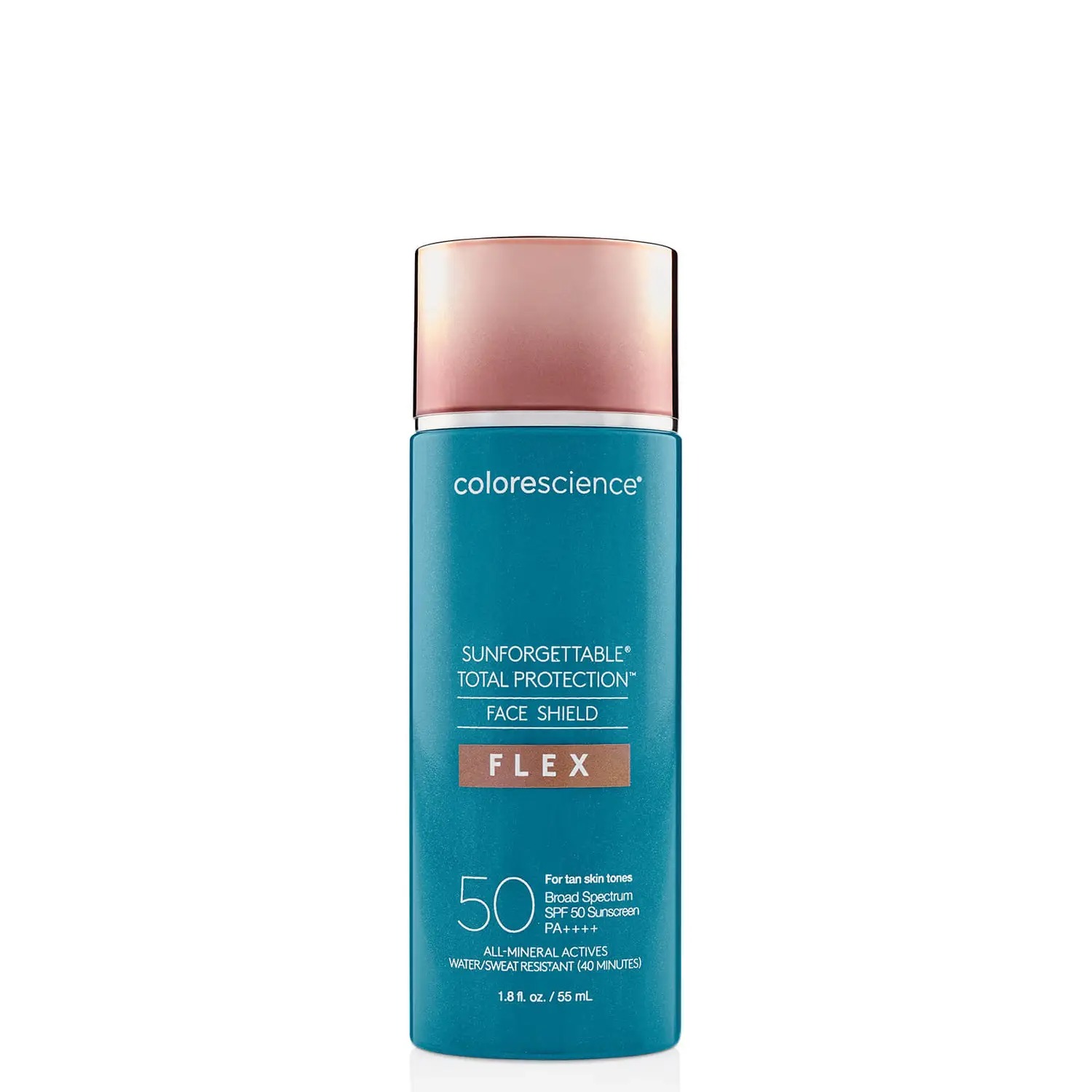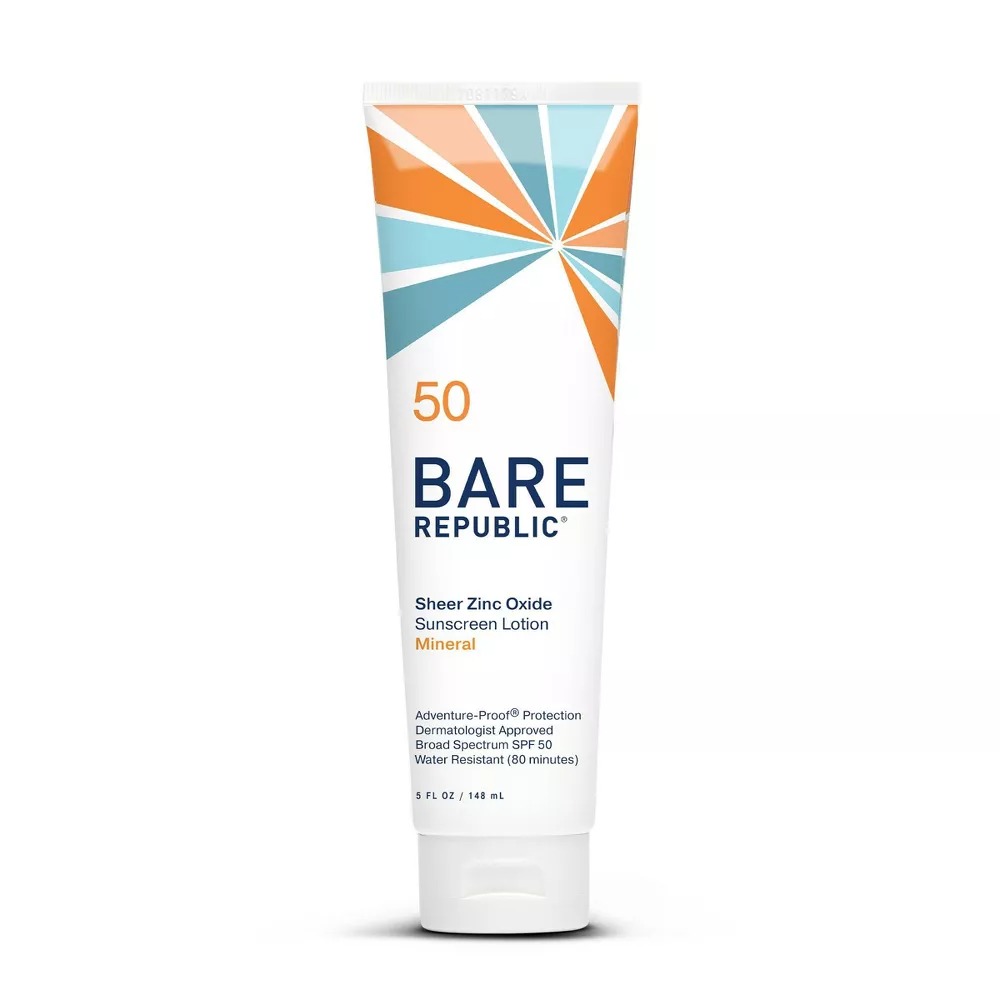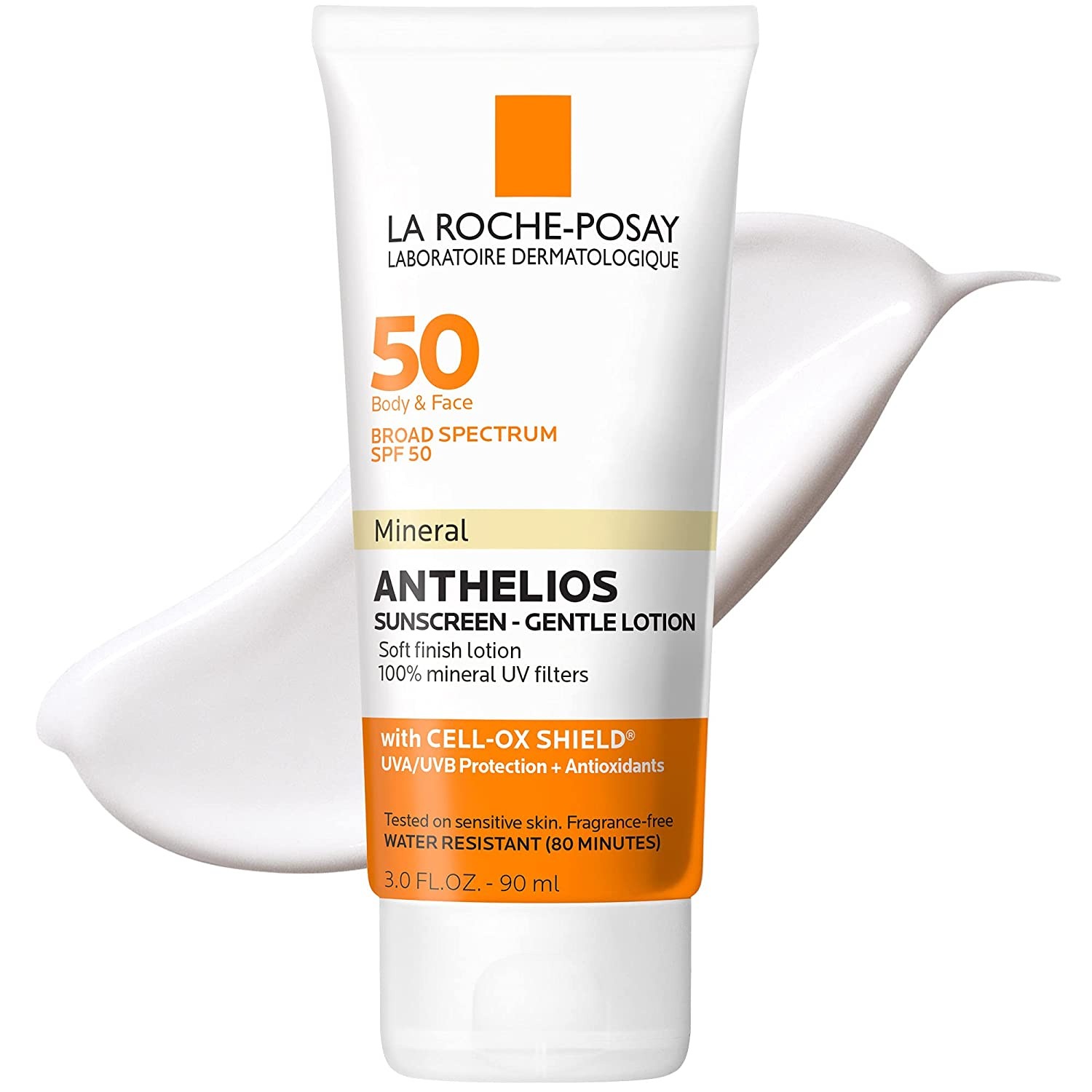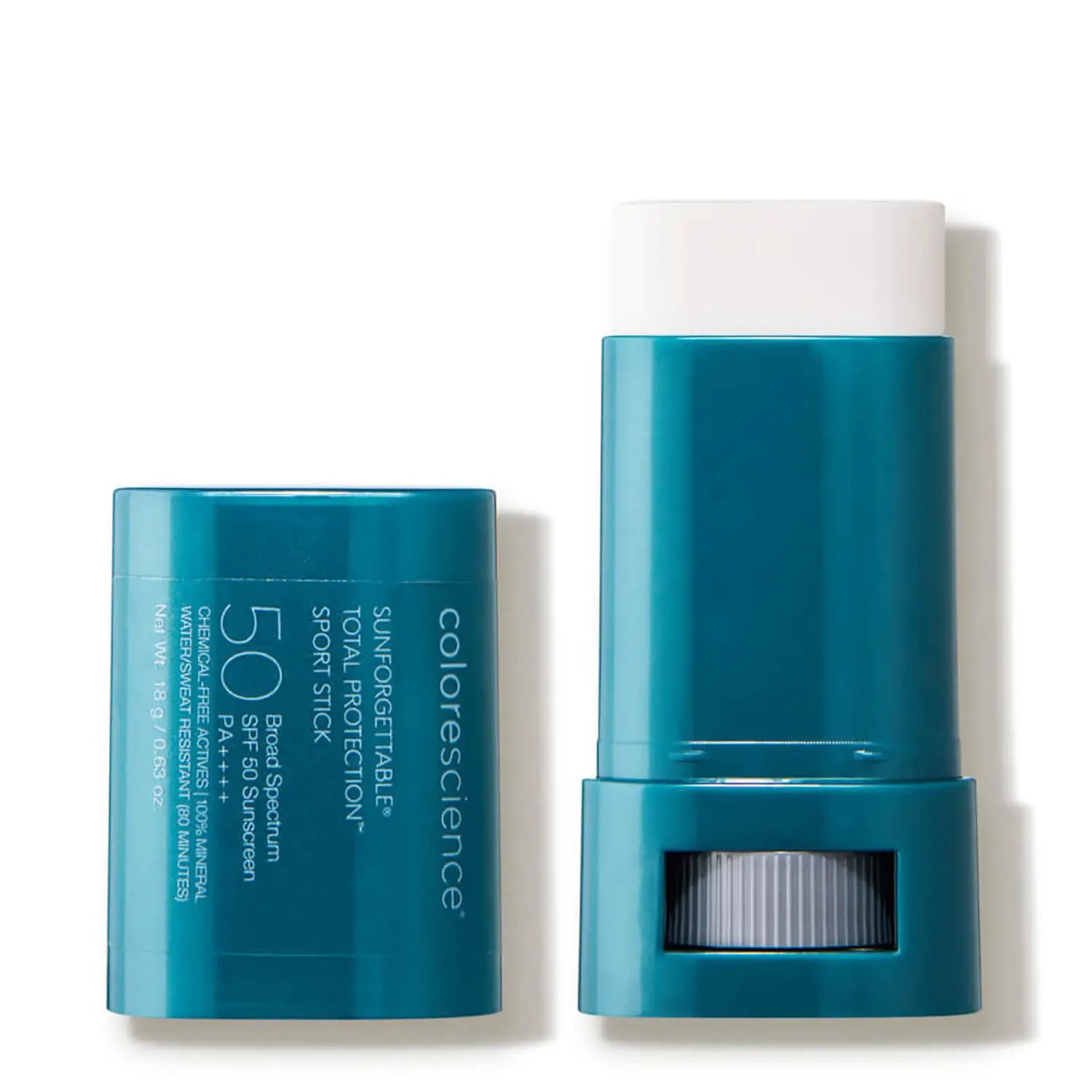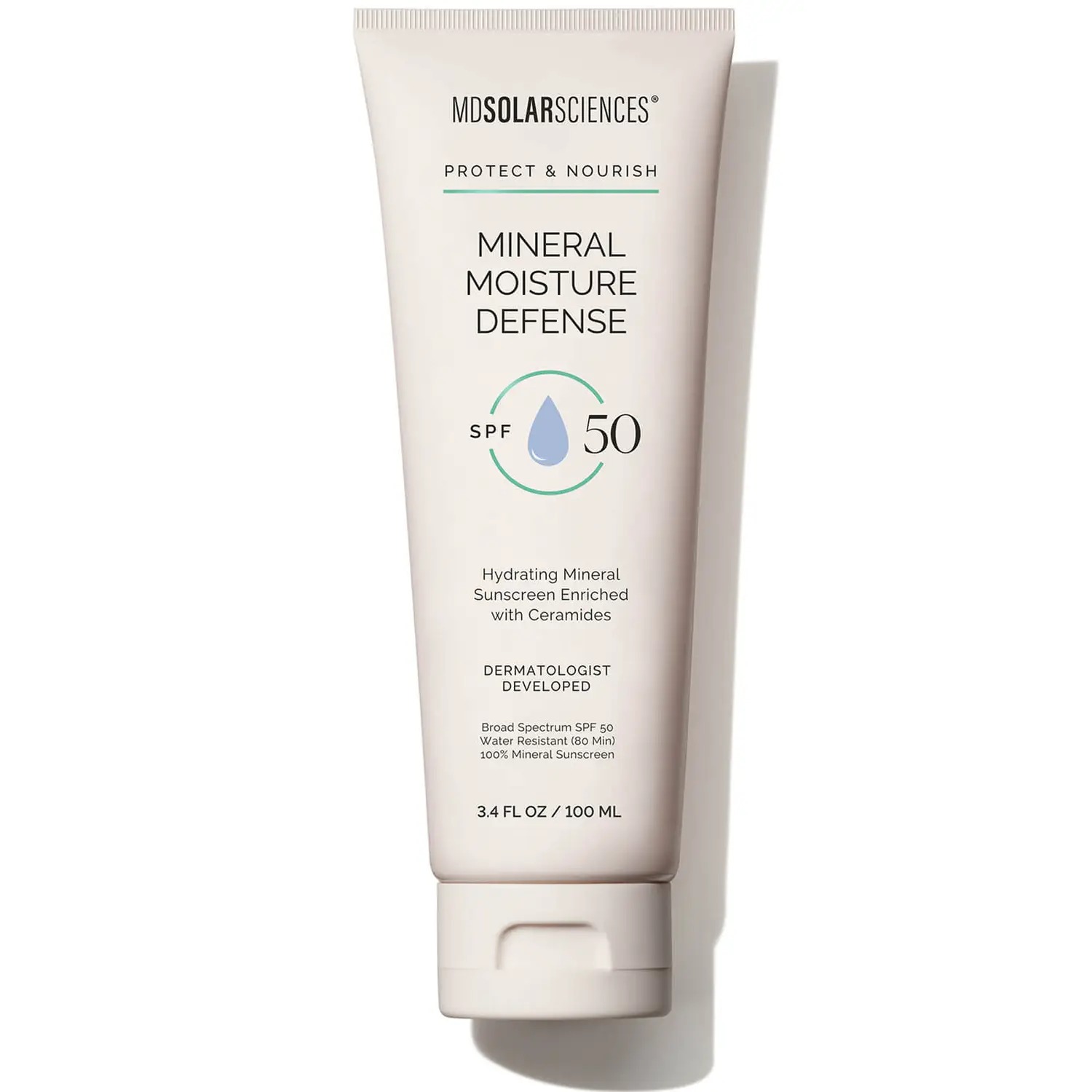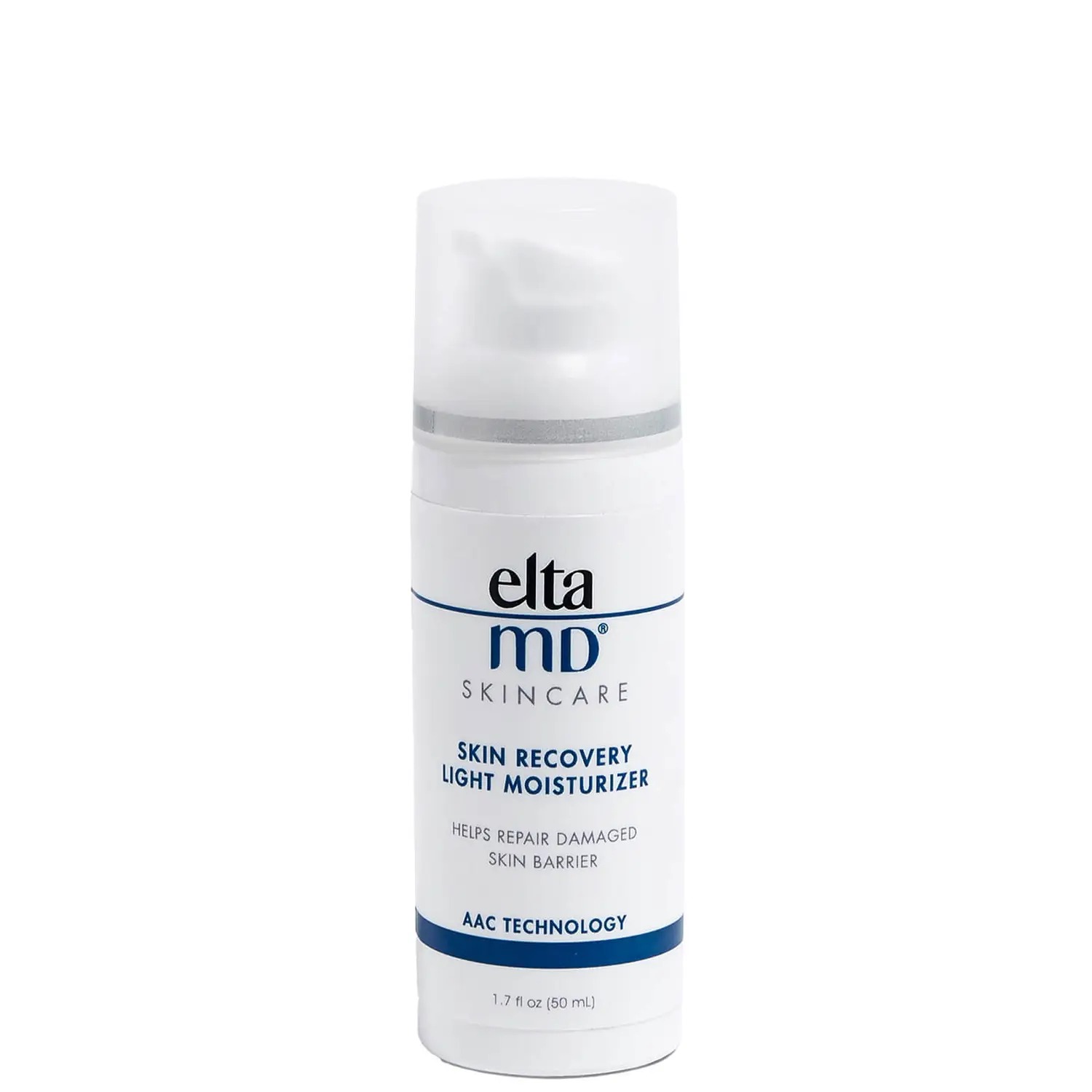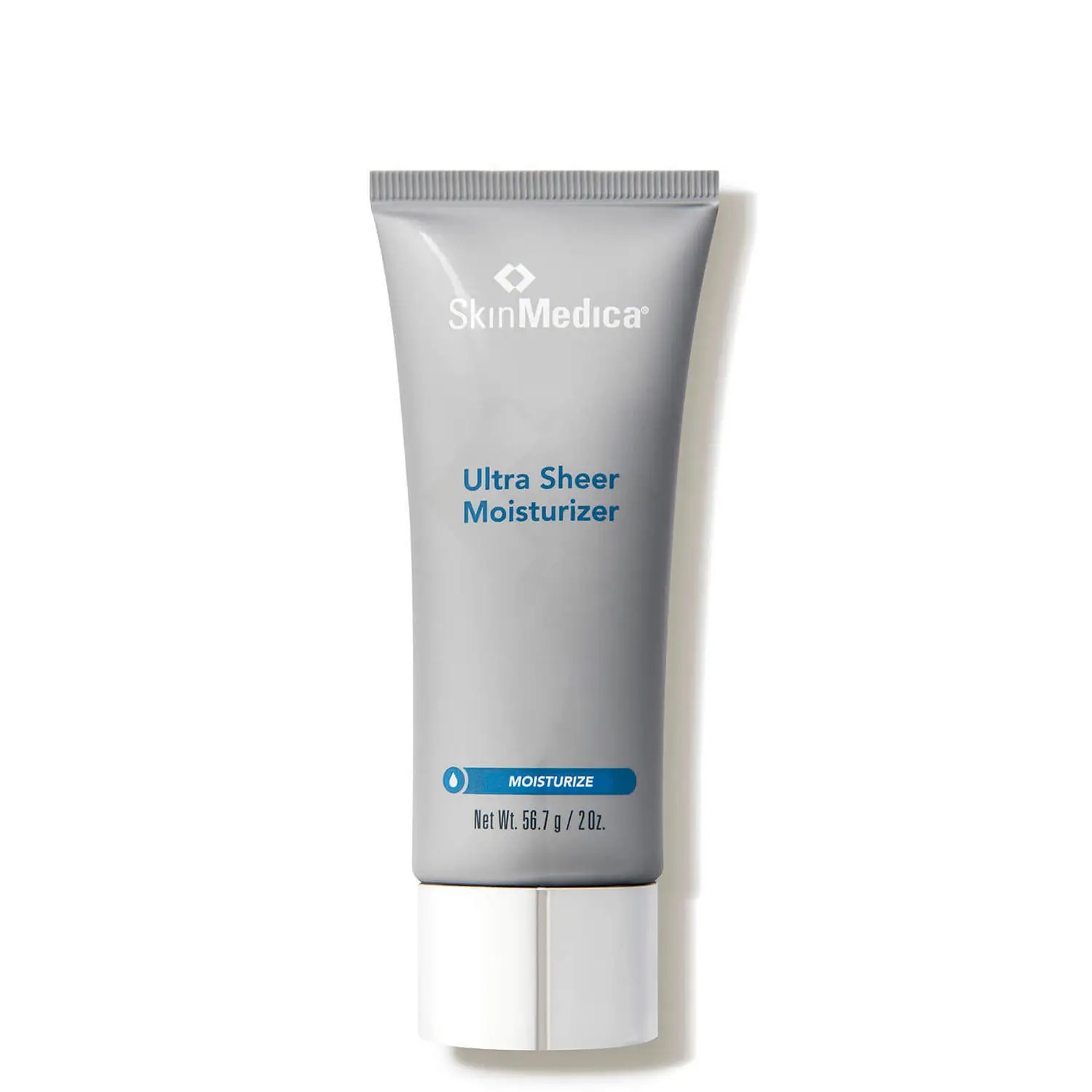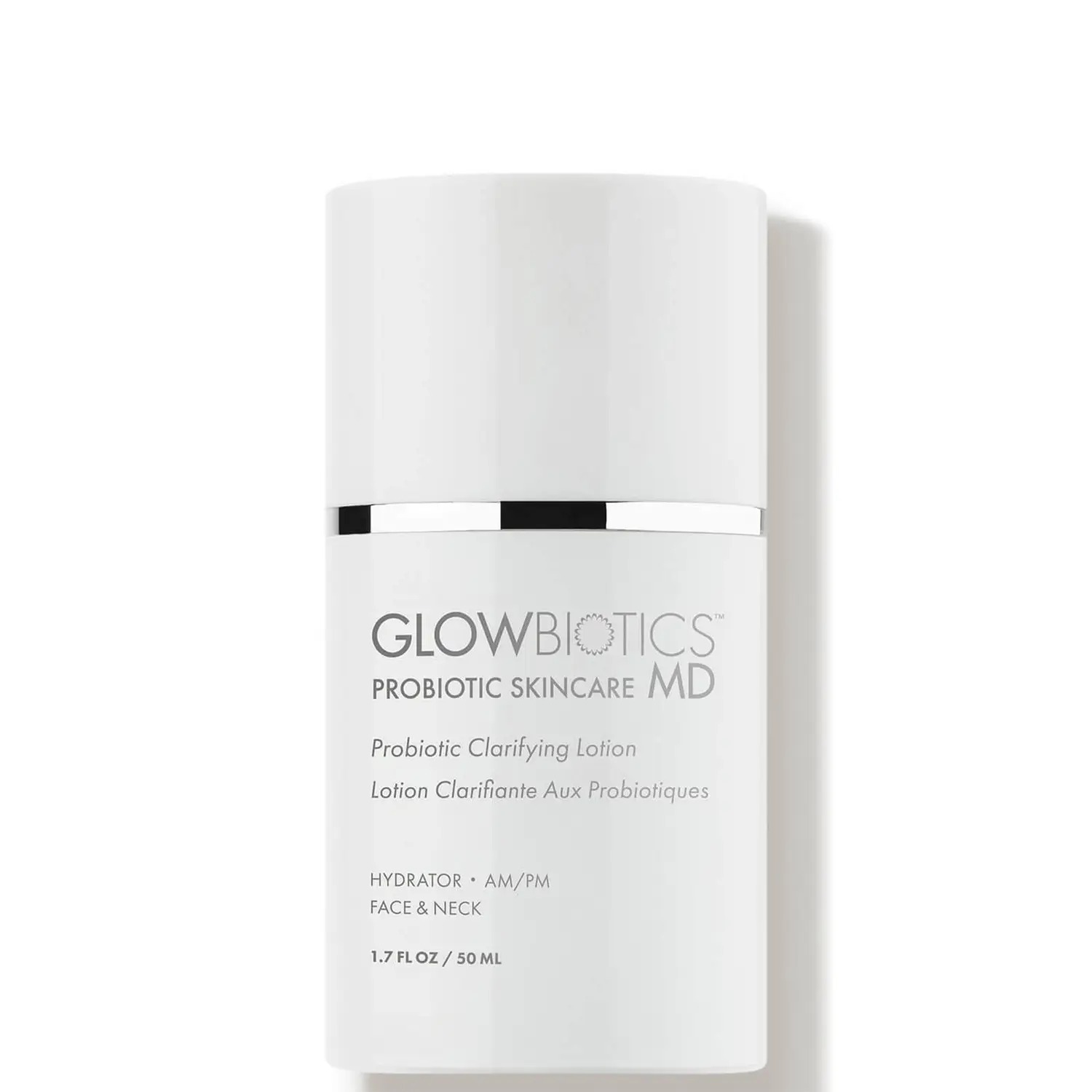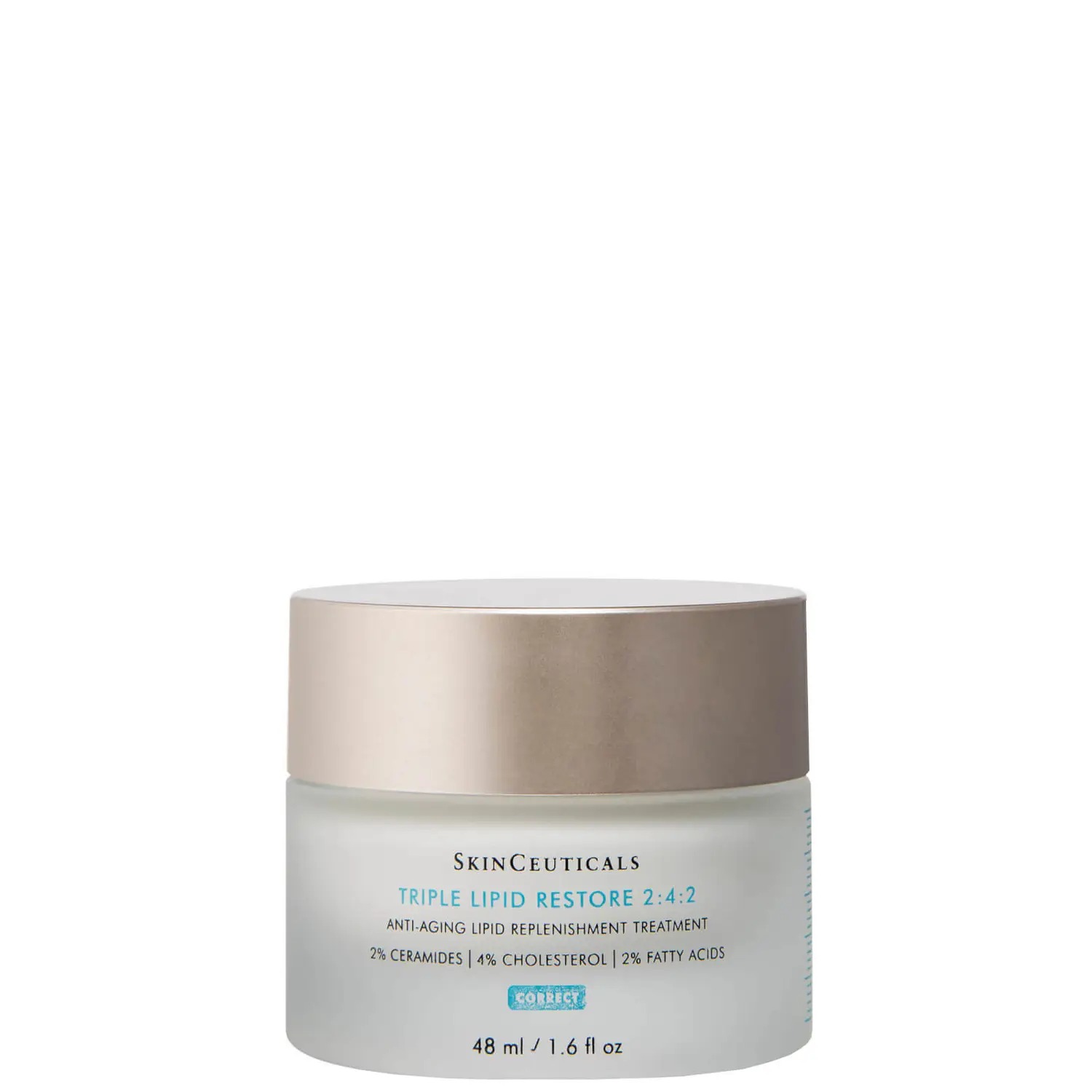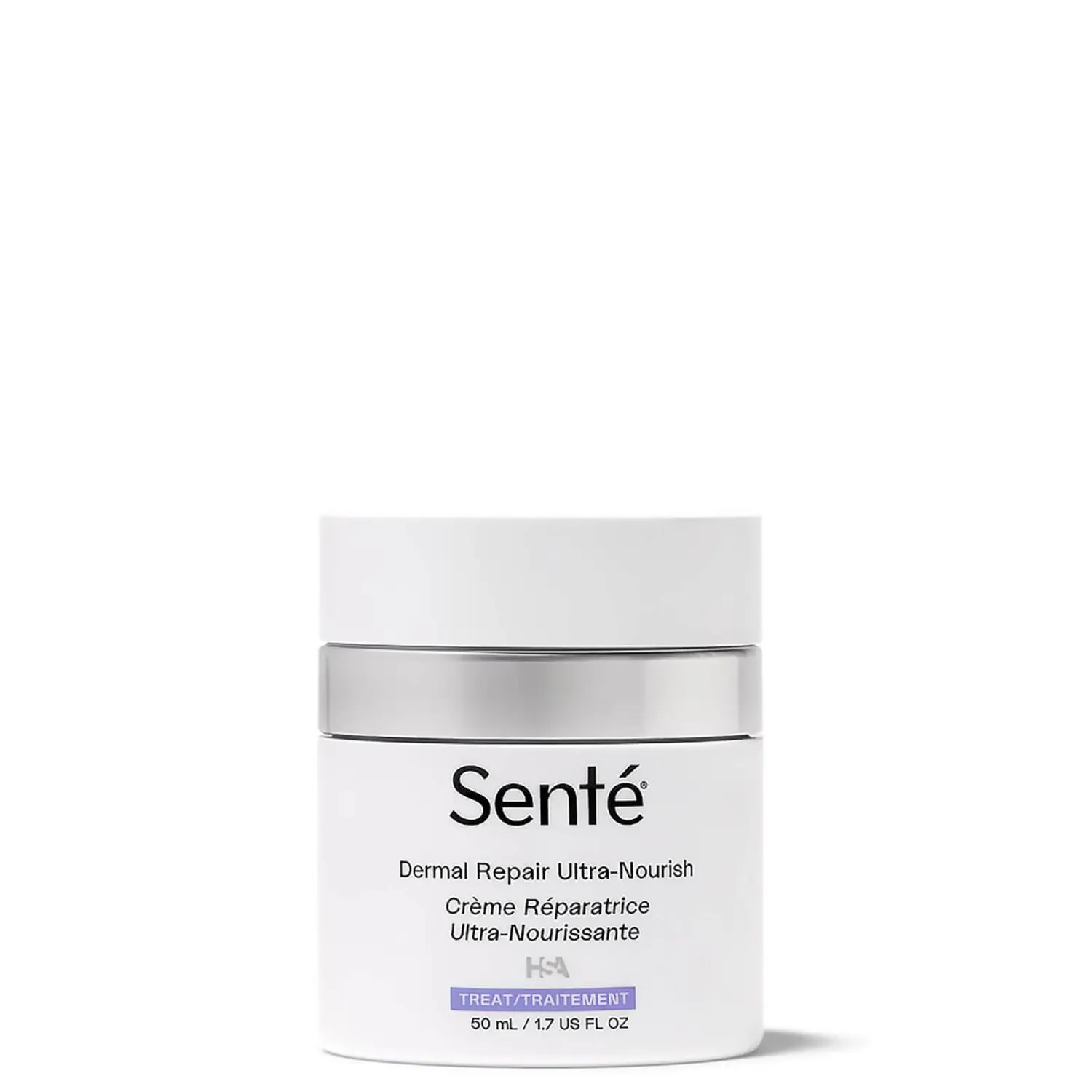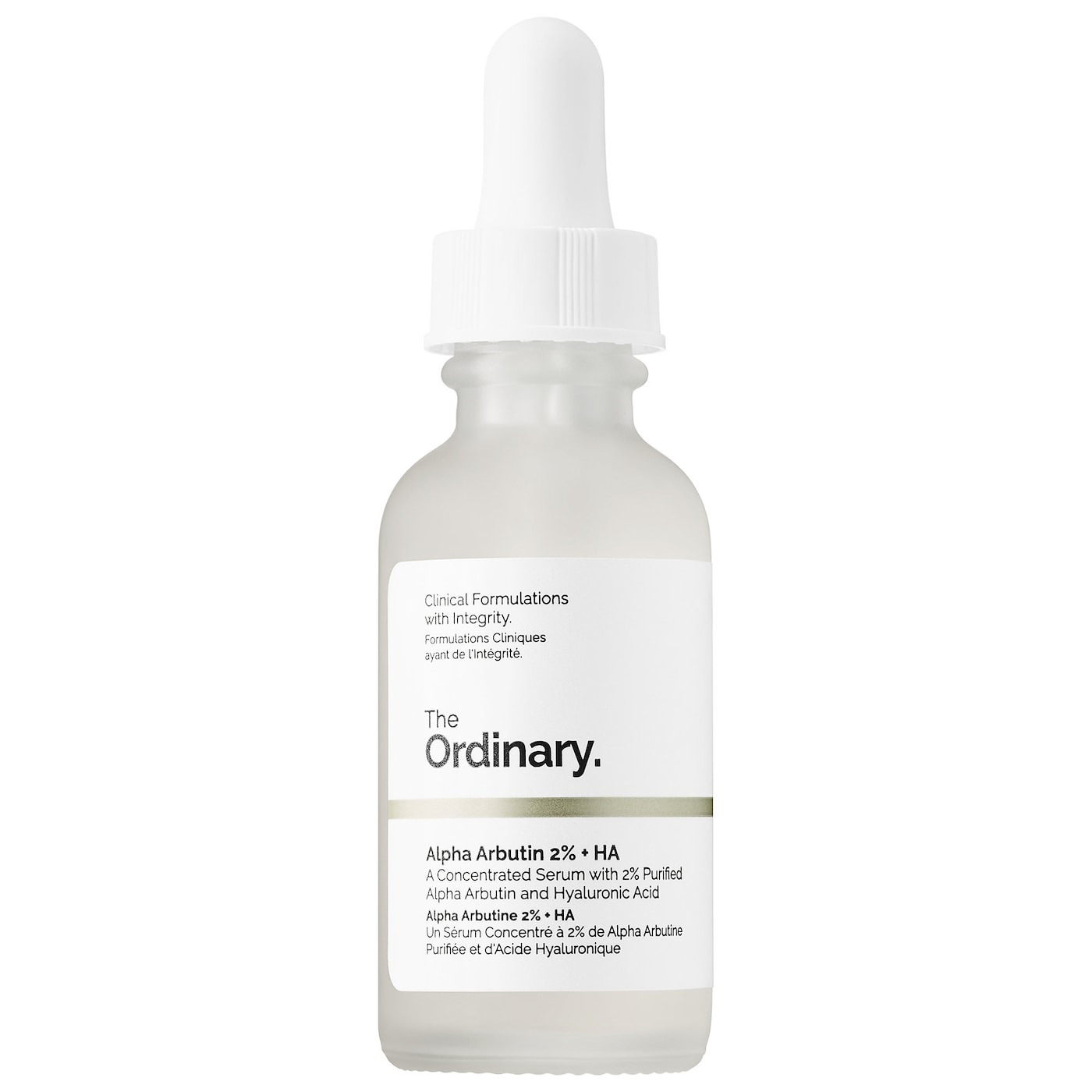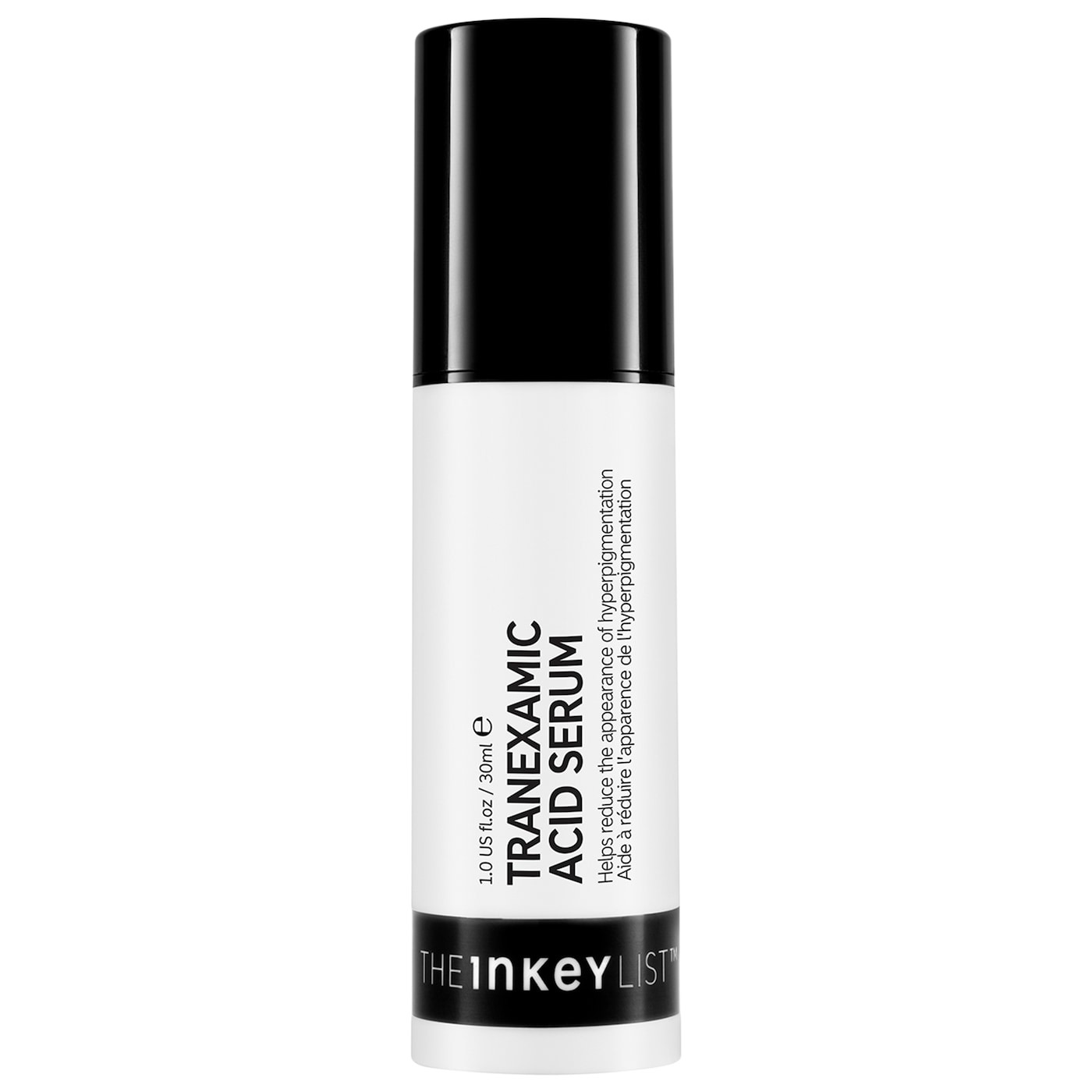The Expert-Approved Dos and Don'ts of Laser Hair Removal on Melanated Skin

When I'm asked about my beauty woes, not being able to find a quick and easy hair-removal solution is often at the top of my list. For years, I resorted to slathering on oils, gels, and creams to aid in my time-consuming shaving routines, followed by an endless cycle of waxing over the past 10 years. As laser hair removal gained popularity, I started hearing reports from dark-skinned women who had pursued the treatment in hopes of simplifying their hair-removal routines. While laser hair removal worked for some, it seemed that just as many returned from their appointments with cautionary tales, which eventually convinced me that laser hair removal wasn't an option.
Fortunately, with the advancement of technology, there has been an increase in diversity among skincare experts, resulting in a strong network of knowledgeable individuals dedicated to promoting inclusivity across the industry. Black skincare practitioners like Taylor Bagby, an aesthetic nurse specialist at SkinSpirit, are leading the charge. I reached out to her to discuss how individuals with deep skin tones can safely and individually approach laser hair removal to meet their specific needs. If you're interested in learning more about this subject before scheduling your own laser hair removal appointment, keep scrolling!

Laser Hair Removal for Melanated Skin
As Bagby explained to me, laser hair removal is a semi-permanent process that uses a laser to target the pigment of the hair follicle, resulting in a reduction of hair in the treated area, usually achieving a 70 to 80% decrease. It is recommended to shave 24 to 48 hours before the appointment to allow the laser to effectively target the hair follicle's bulb. Bagby mentions, "At SkinSpirit, we utilize the Candela, which has an Alexandrite (ideal for lighter skin tones) and a YAG (suitable for brown or darker skin tones). Based on an assessment, your provider will determine the most suitable and safe setting for you."
It is important to note that individuals with deeper skin tones have a higher risk of burns, hyperpigmentation, and hypopigmentation due to the laser targeting pigments. The skincare practitioner explains, "Burns can occur from unsafe settings or treating freshly sun-exposed skin, especially in deep skin tones. There is also an increased chance of hyperpigmentation and hypopigmentation when treating sun-exposed or recently tanned skin." Therefore, it is crucial to apply sunscreen on treated areas.
When undergoing laser hair removal or any laser treatment, it is essential to discuss the best approach with your provider. Typically, multiple treatment sessions are required to target the hair during its active growth phase, leading to increased chances of hair reduction. Bagby explains, "After each session, you can expect approximately a 10% reduction, and the hair will become thinner and patchier over time." Achieving the desired reduction may require up to 10 sessions scheduled at one-week intervals.
The effectiveness of laser hair removal can vary depending on factors such as genetics, hormones, and medical conditions. Bagby mentions, "Certain conditions like PCOS may impede hair reduction. These patients may not reach their goal but may find it easier to manage hair growth." Regardless of skin tone, laser hair removal is not a one-stop solution. However, when performed correctly and thoughtfully, it can significantly improve the experience of hair removal.

A Deep Dive Into Laser Technology
At SkinSpirit, the first appointment for a patient involves testing the impact of a laser on the skin to assess its efficacy and determine the appropriate settings. These settings are adjusted as needed based on the assessment. It's important to note that laser resurfacing technology differs from laser hair removal technology in terms of wavelengths and utilization. Bagby explains, "For example, Halo utilizes dual lasers—one that is nonablative and one that is ablative—to address different skin needs such as pigment, redness, fine lines or wrinkles, and texture." Caution should be exercised with dark skin tones due to the risks of burns, hypopigmentation, and hyperpigmentation.
For both laser hair removal and laser resurfacing, a thorough assessment is crucial to determine the appropriate modalities for specific skin tones. Preparation for the treatment can also play a significant role in achieving optimal results. In the case of laser resurfacing, preparation involves the use of hydroquinone, a topical cream used to lighten dark patches of the skin by reducing melanin production. This helps reduce the chances of hyperpigmentation and hypopigmentation. Additionally, for both treatments, it is essential to use physical sunscreen on the treatment areas to protect the skin.
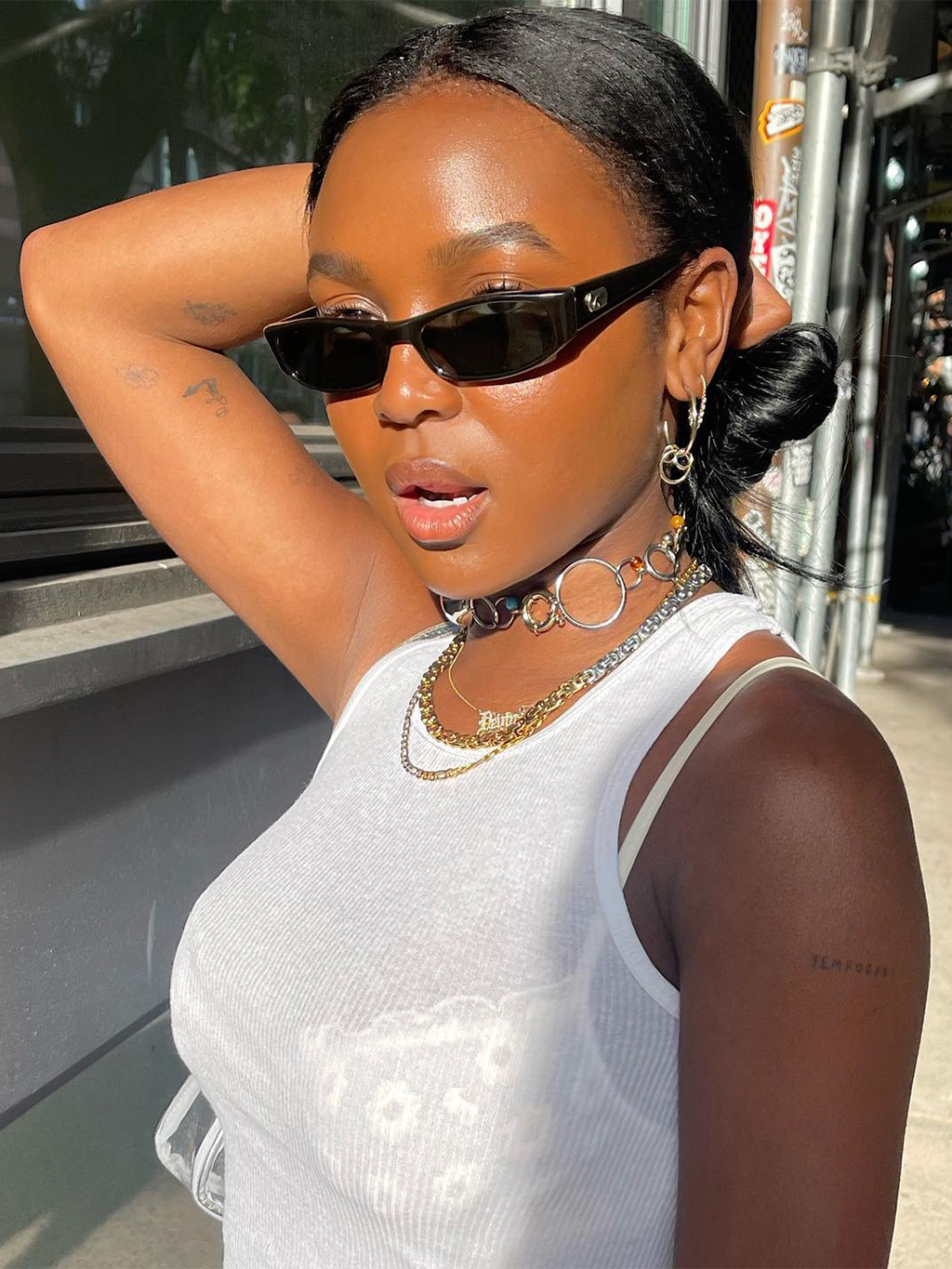
Healing and Protecting the Skin
If you have a deeper skin tone and have expressed interest in receiving laser hair removal, you may have encountered discouragement in the past due to the nature of the laser. However, it is important to note that laser hair removal is not exclusively developed for individuals with light skin and dark hair. With appropriate preparation, testing, and laser settings tailored for melanated skin by a reputable dermatologist, laser hair removal can be suitable for everyone. In the unlikely event of a superficial burn or pigmentation resulting from the treatment, there are ways to heal the skin and prevent further damage.
Bagby emphasizes the importance of allowing the burn to resolve and heal, based on the severity of the damage. "Different clinics have a burn protocol that they utilize. We recommend hydrocortisone or a higher steroid if needed to help heal the skin. It's best not to rush the healing process," she advises. After the burn has healed, steps can be taken to address any hyperpigmentation or hypopigmentation that may have occurred.
Below, you will find a selection of expert- and beauty editor–approved products to help prepare and protect your skin before, during, and after your laser hair removal treatment for both the face and body. These holy-grail products are effective against hyperpigmentation, dryness, and UVA/UVB damage.
Sunscreen for the Face and Body
For the Face
For the Body

Skin-Repairing Moisturizer
Hyperpigmentation Treatment
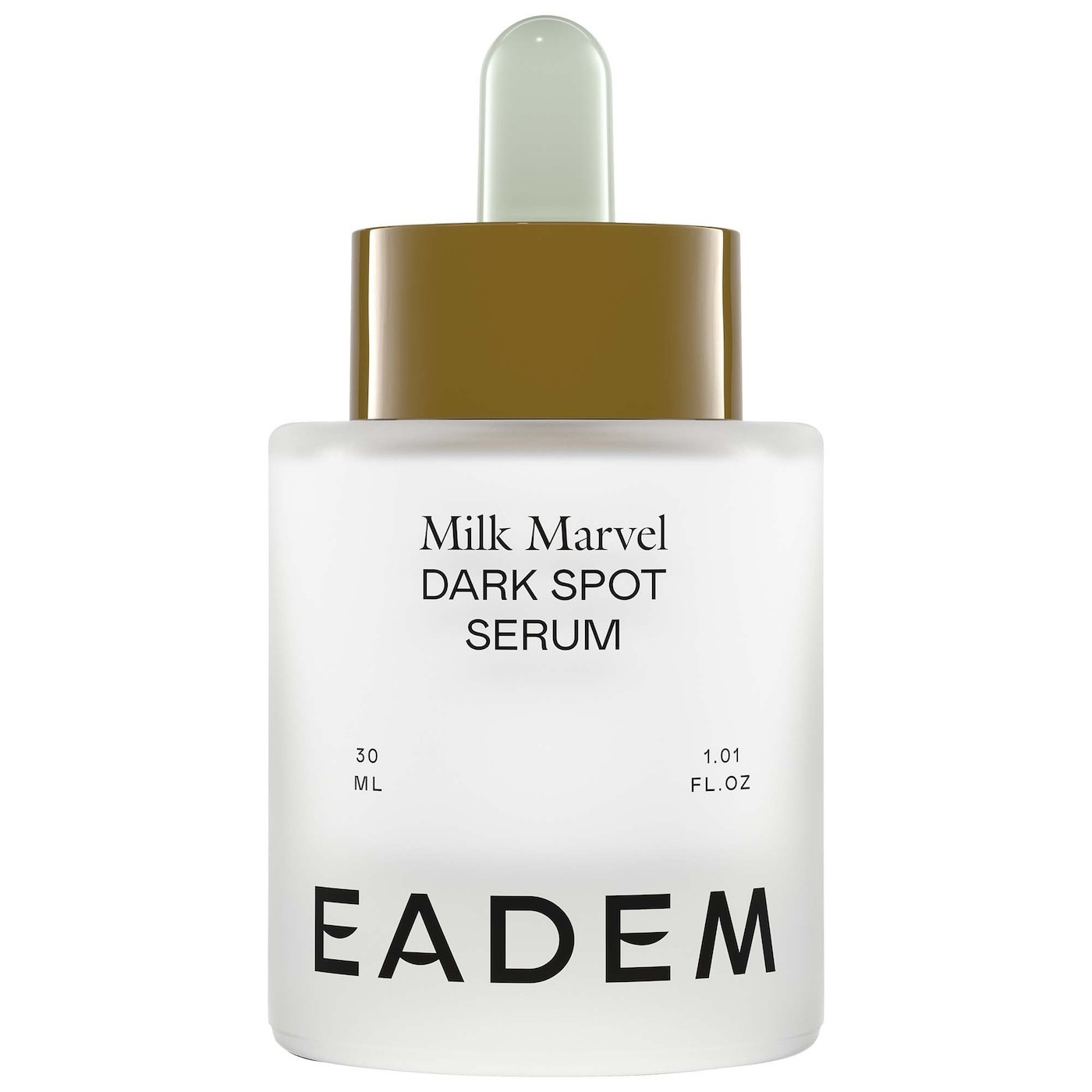
Eadem's dark spot serum is uniquely formulated for skin of color. It quickly reduces the appearance of dark spots, hyperpigmentation, and acne scars using amber algae, papaya and pineapple enzymes in addition to other skin-loving ingredients.

SkinCeuticals' potent vitamin c serum delivers visible anti-aging benefits lasting for over 72 hours with the help of an antioxidant blend that smooths and brightens the skin while shielding the skin from free radicals, infrared polluted, and ozone pollution.
Up next, This Product Is the Secret to Achieving a Glowing, Bronzed Look for Dark Skin

Maya Thomas is an Associate Beauty Editor at Who What Wear. Her strong love for all things beauty, interior design, and fashion stems from a strong childhood interest in the fine arts. During a gap year spent in Paris studying the history of French fashion, she shifted her focus to English literature and journalism as a student at Loyola Marymount University. After graduating in May 2021, Maya began freelancing for Parade.com as a contributing commerce writer. When she's not writing, Maya spends her free time catching up on reading, perusing art galleries, and enjoying a night out at the ballet every now and then.
